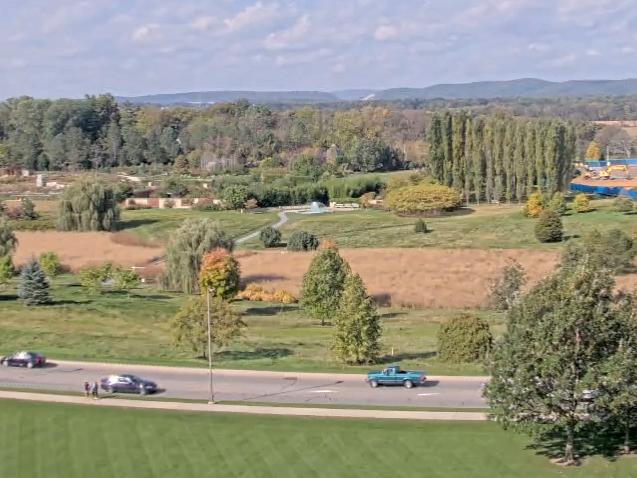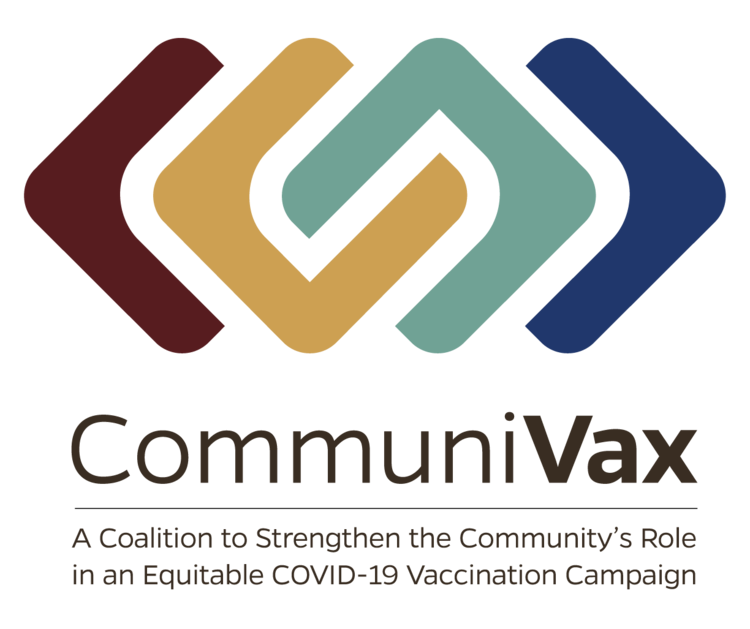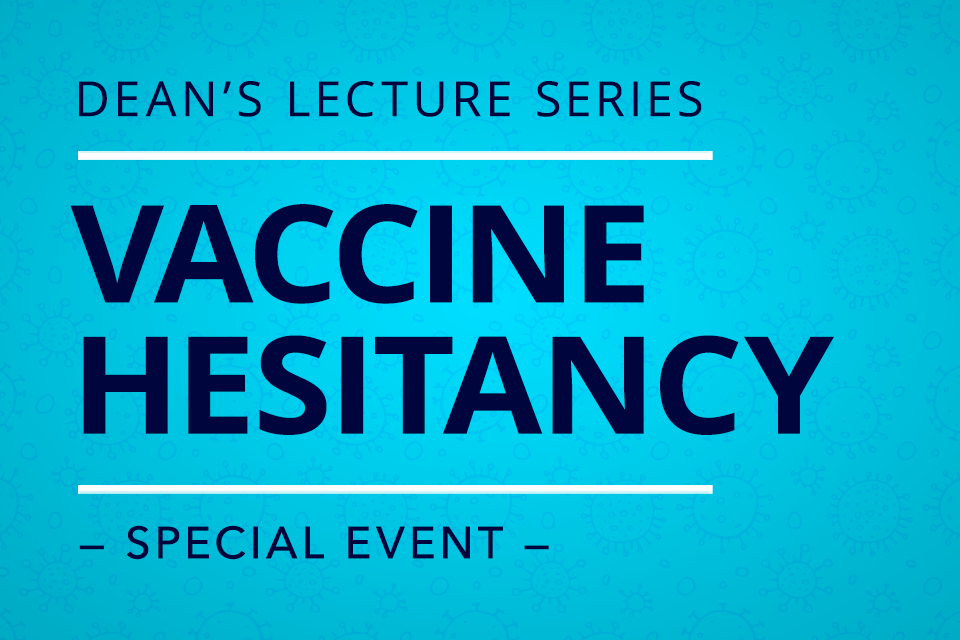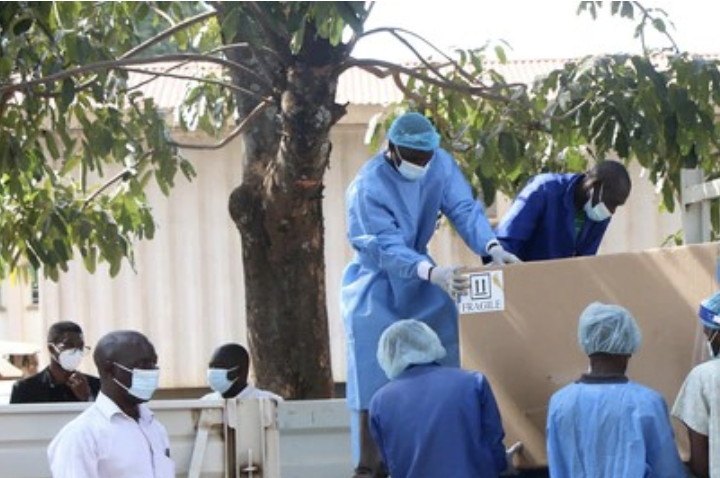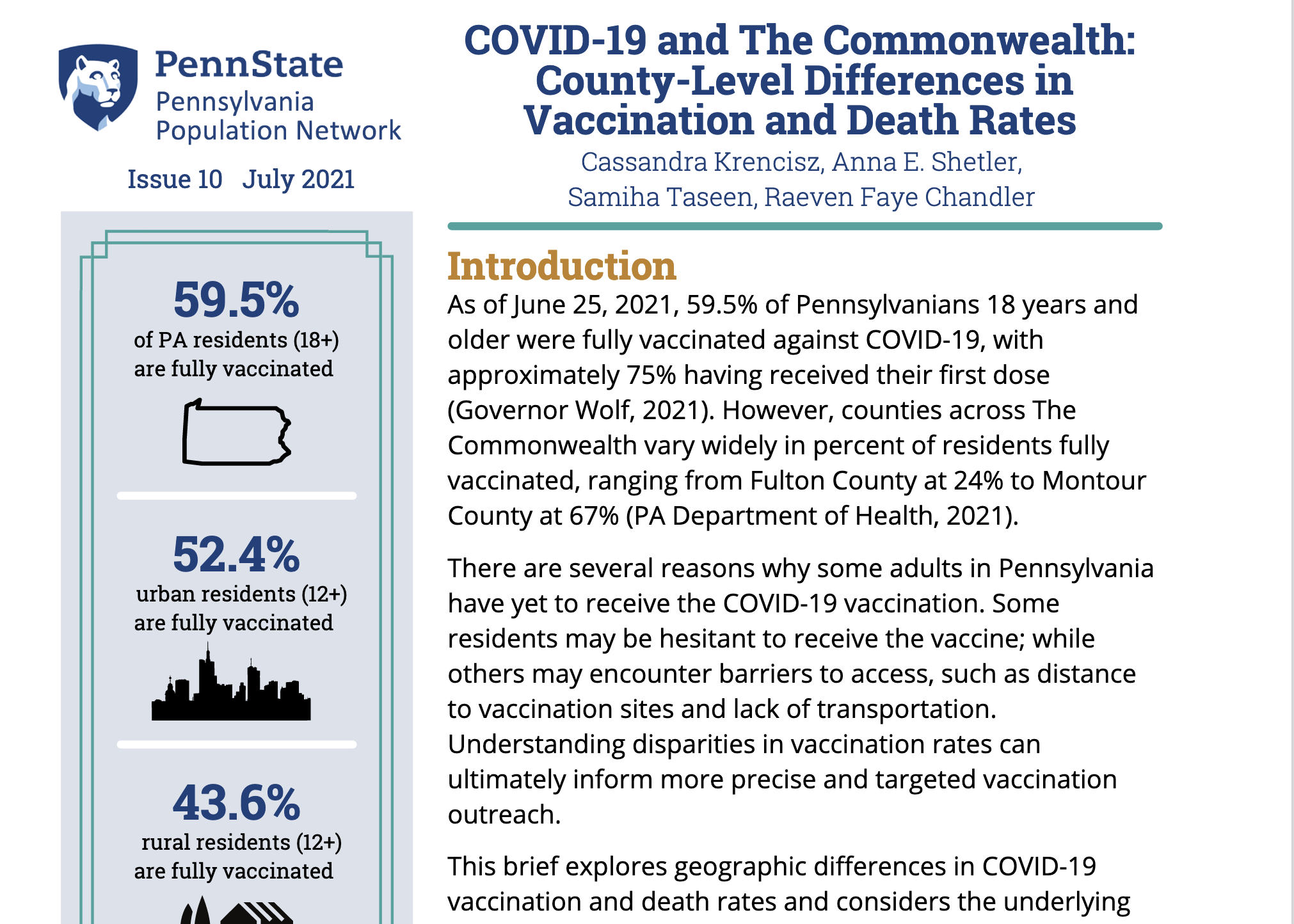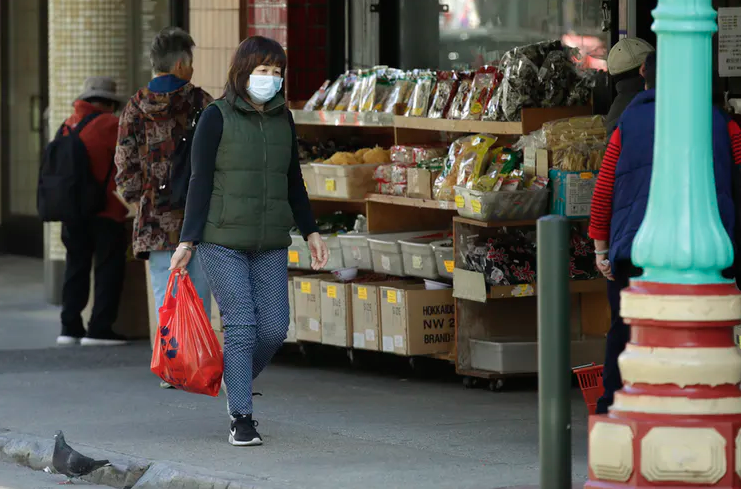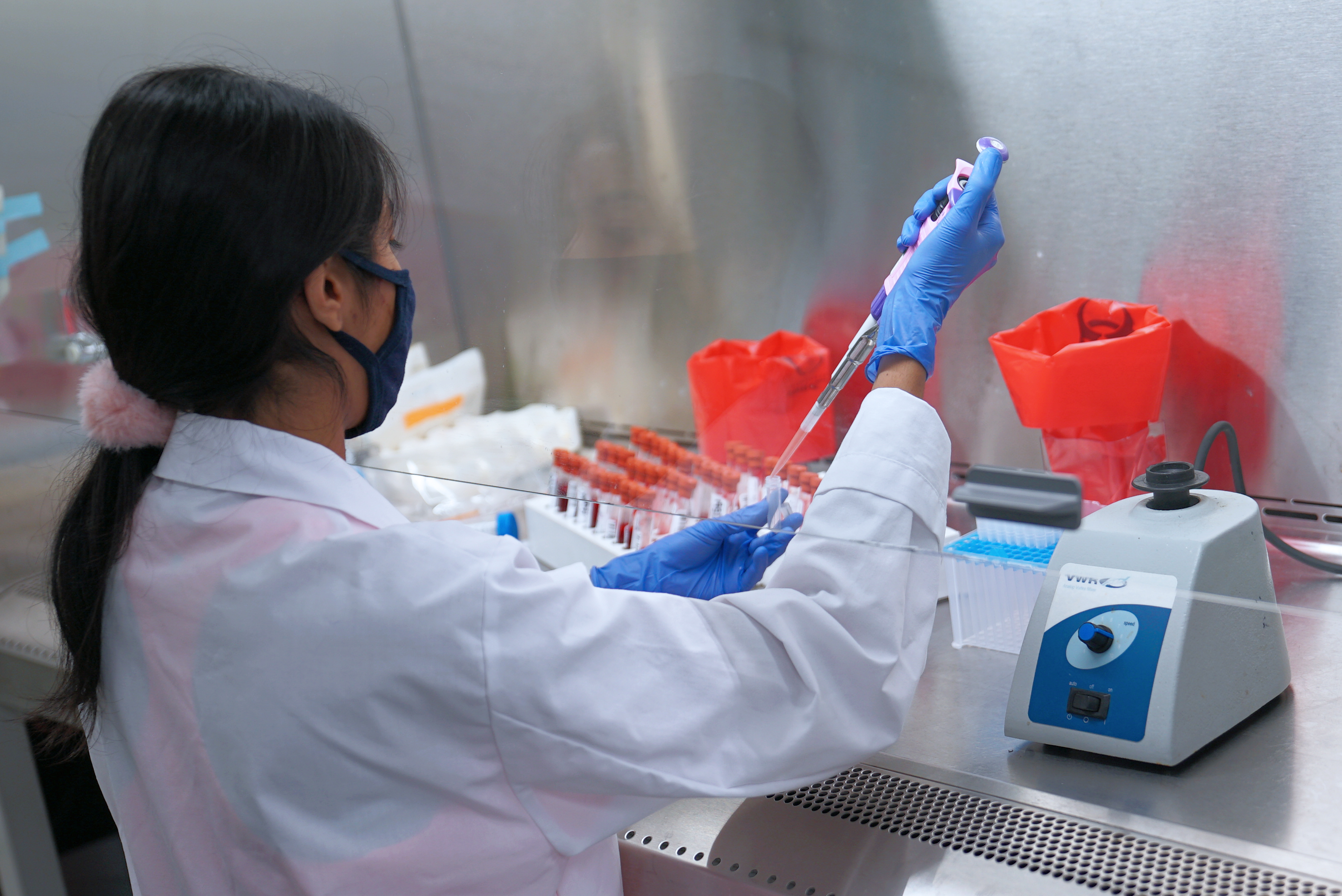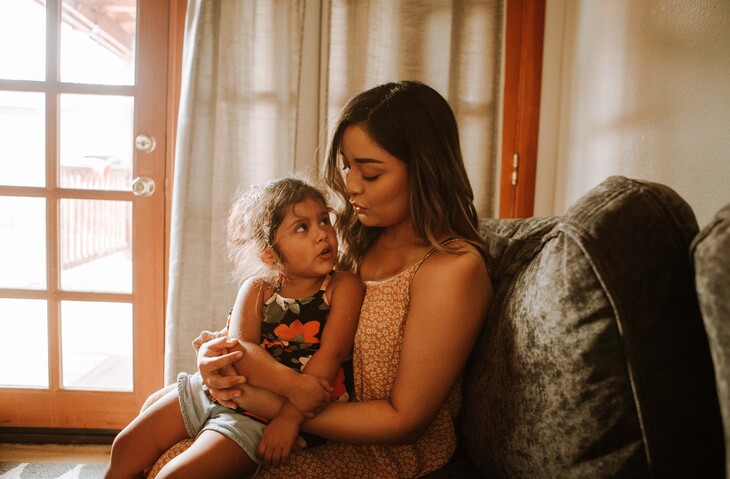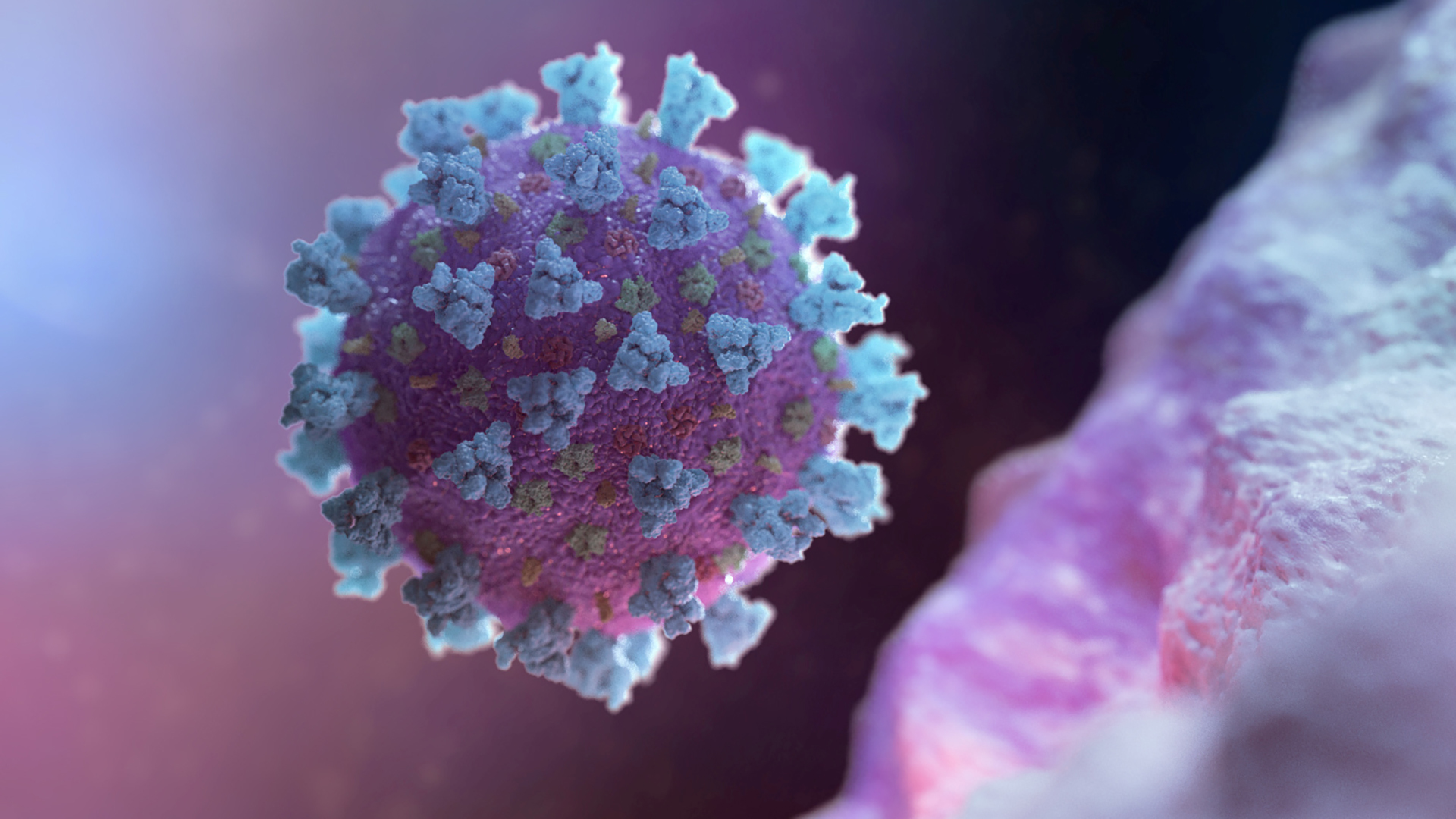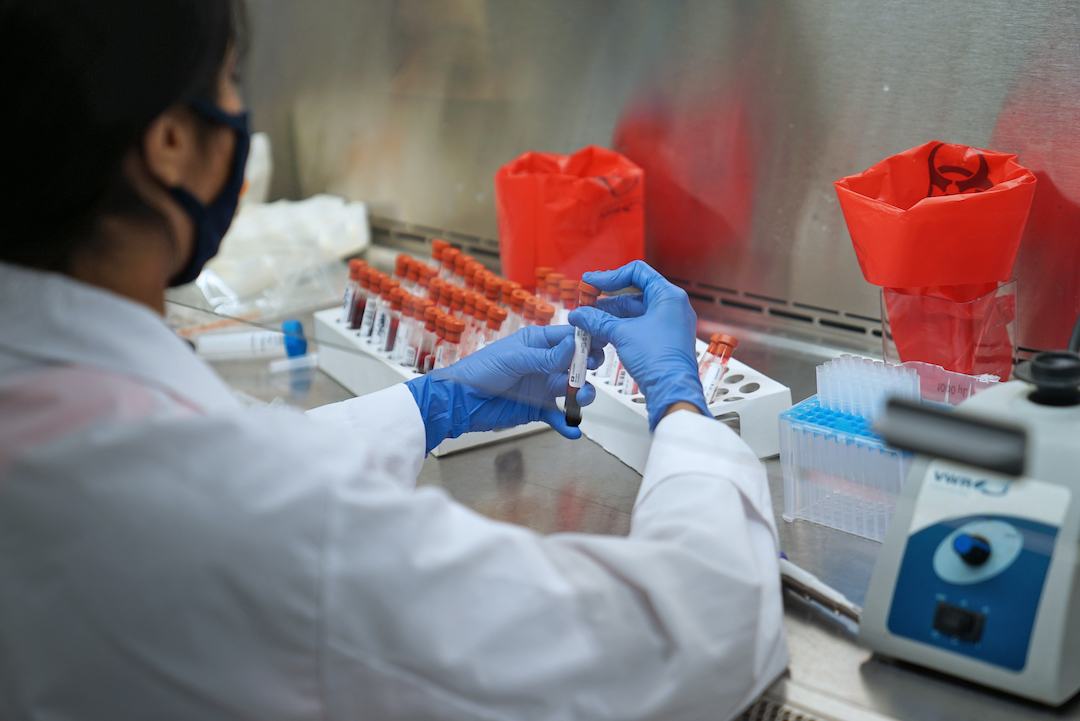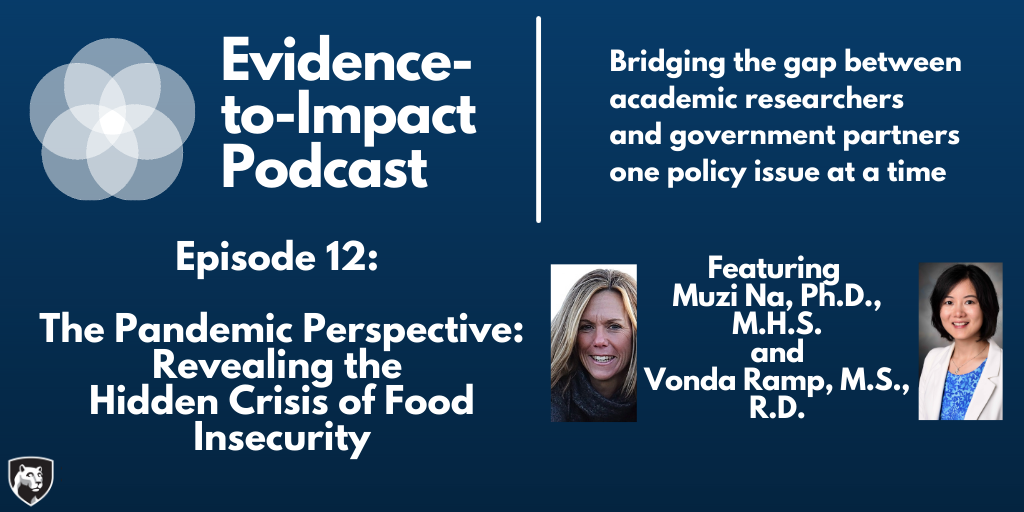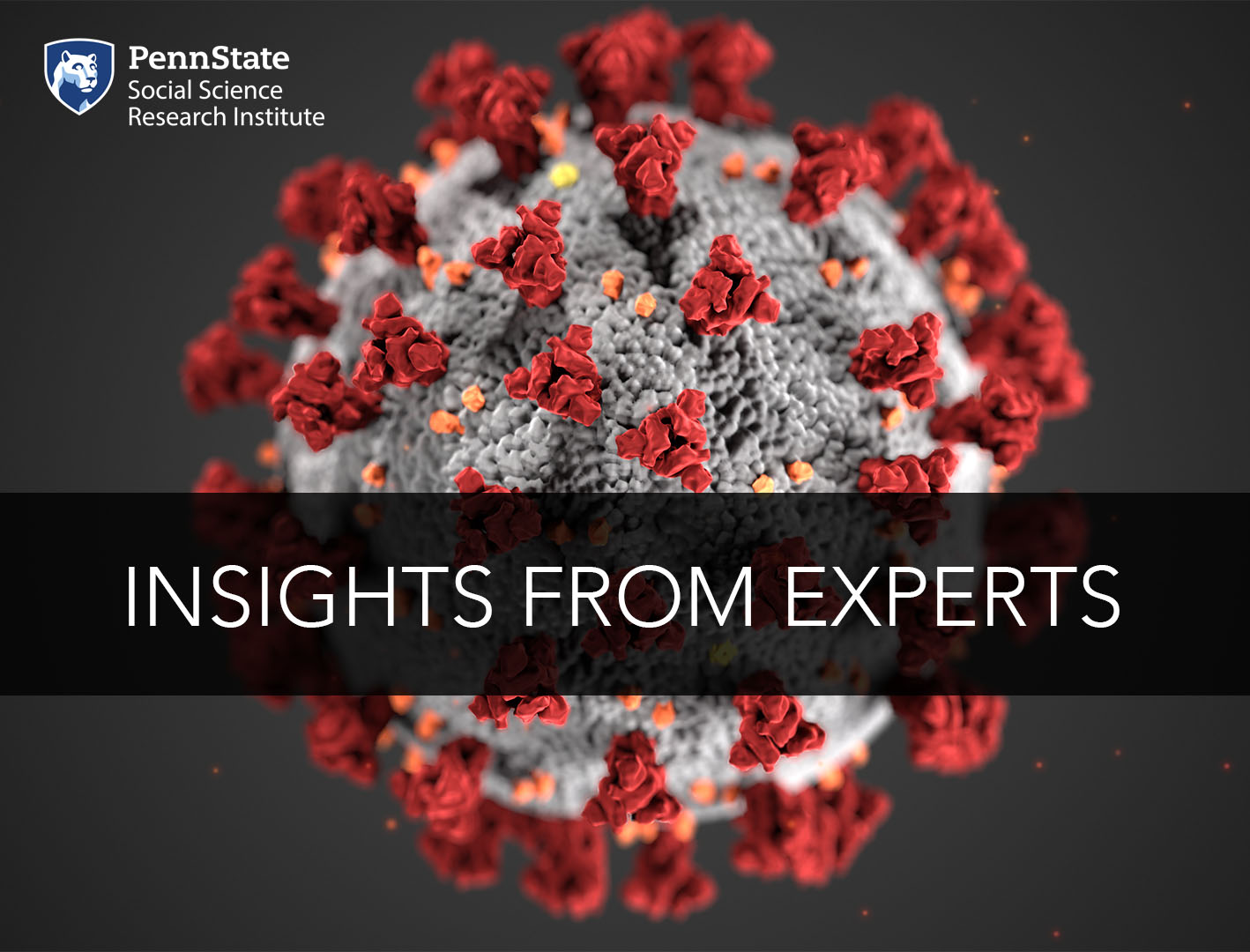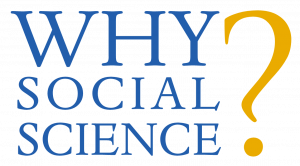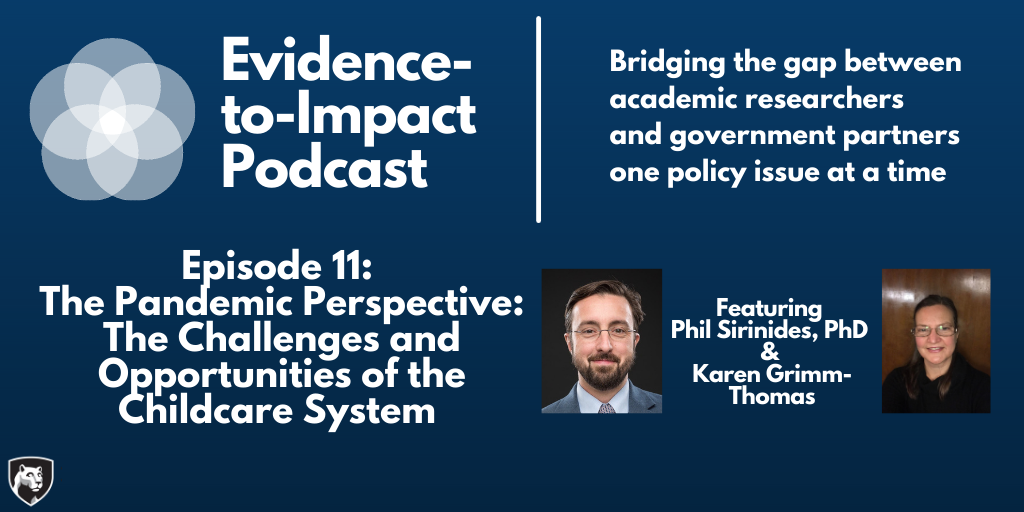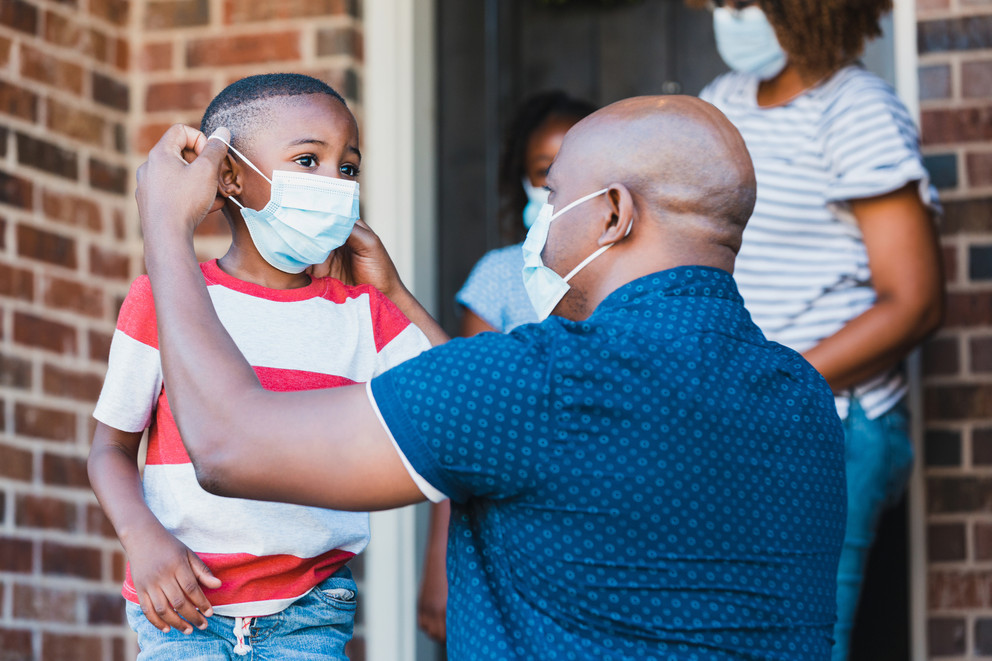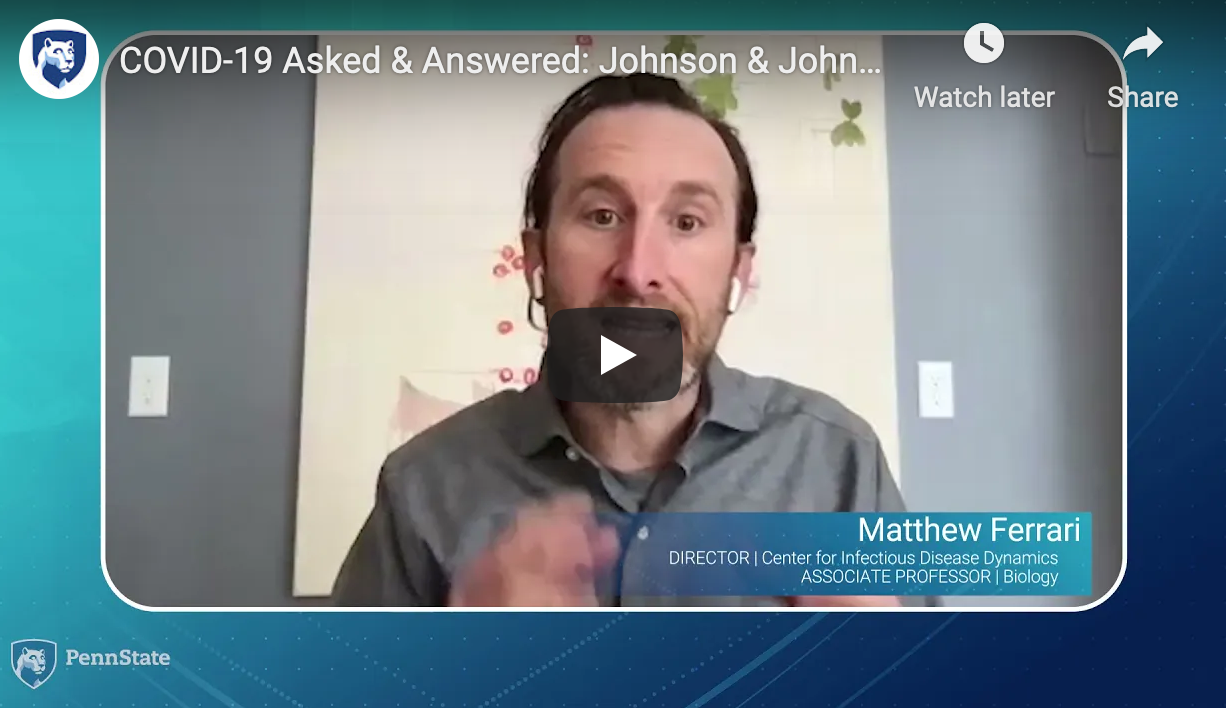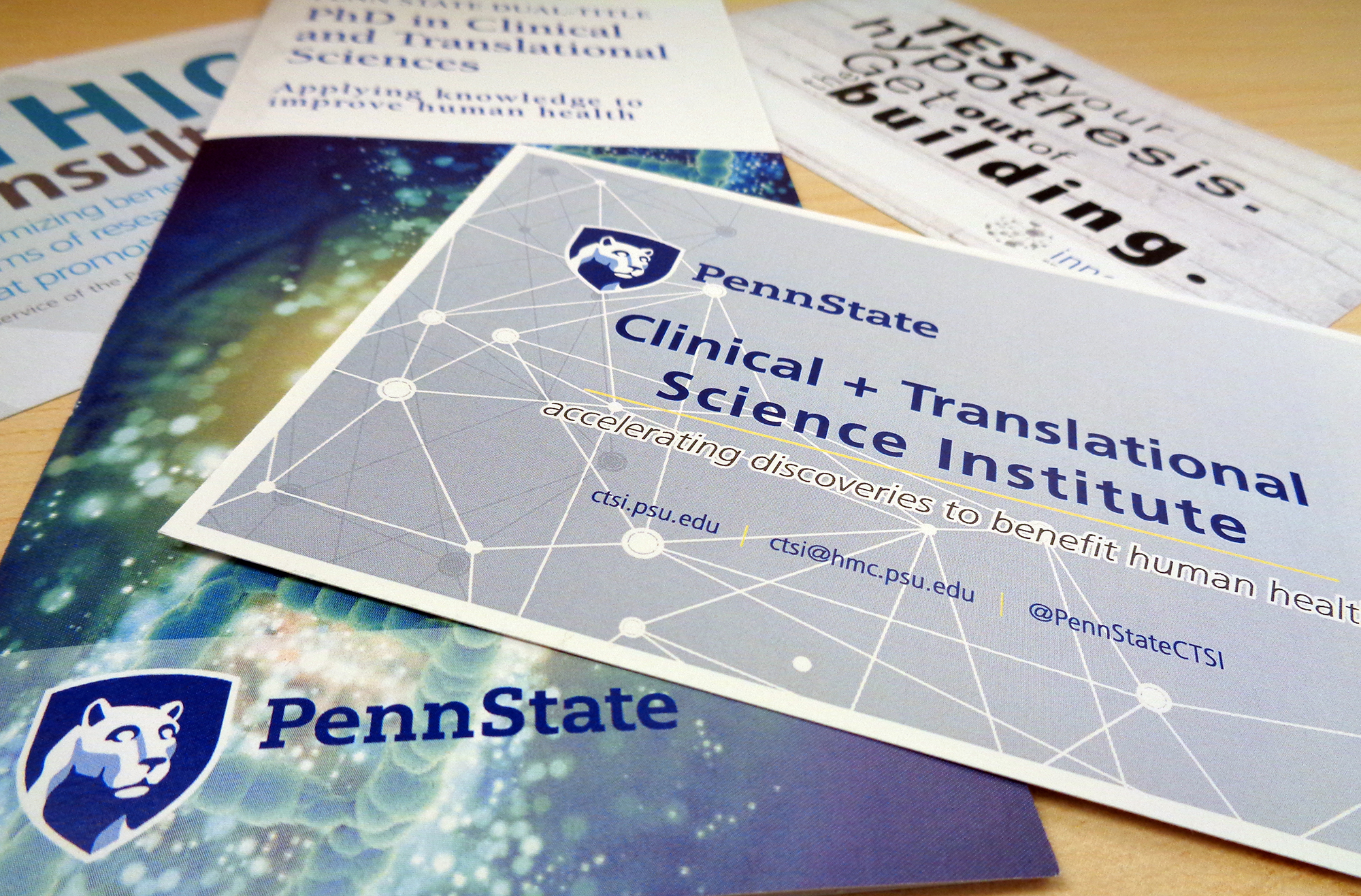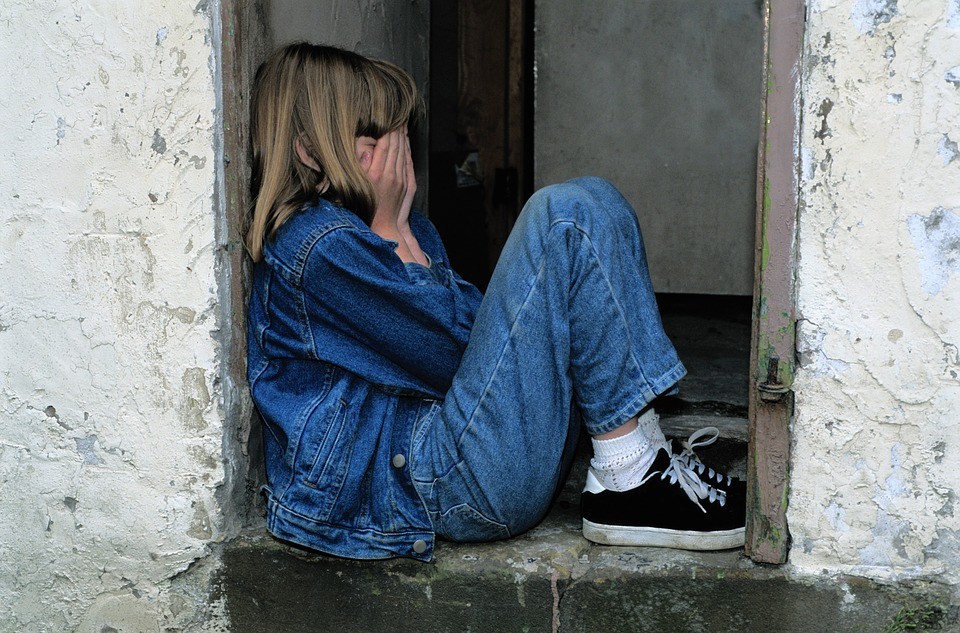Administrative Data Accelerator (1) Adolescents (2) African Studies (1) Aggressive Parenting (1) Aging (1) Air Quality (1) Alaska (1) Alcohol (1) Amish (1) Arctic Research (1) Artificial Intelligence (1) Big Data (2) Biobehavioral Health (2) Biomedical Research (1) Brain development (1) Cancer (1) CCSA (1) Census (2) Center for Education and Civil Rights (1) Center for Educational Disparities (2) Child Care (2) Child Development (1) Child Maltreatment (4) Child Maltreatment Solutions Network (4) Clearinghouse for Military Family Readiness (2) Climate Change (2) Clinical and Translational Science (1) College of Education (8) College of Engineering (1) College of Health and Human Development (4) College of Information Sciences and Technology (1) College of Medicine (4) College of the Liberal Arts (2) COSSA (2) COVID-19 (165) Criminal Justice (2) Criminal Justice Research Center (1) CSA (1) CTSI (5) Data 4 Action (14) Data Management (1) De Jong Lecture (1) Death (1) Demography (8) Depression (1) domestic abuse (1) Edna Bennett Pierce Prevention Research Center (2) Education (2) EIC (7) EIC Podcast (7) Family (3) Fear (1) Food Security (2) Food Service (1) Grief (3) Gun Control (1) Health (1) Health Care (2) health disparities (3) Health Policy and Administration (1) Hispanic Families (1) Huck (5) Human Development and Family Studies (2) Immigration (1) inequities (1) Insights from Experts (2) Labor Relations (2) Lecture (1) Lerner Center for Public Health Promotion Brief (1) McCourtney Institute for Democracy (1) Mental Health (3) NIH (1) Nutrition (1) Opioids (2) OSVPR (2) Parent-Child Dynamics Lab (1) Parenting (1) partner violence (1) PCORI (1) Penn State Cancer Institute (1) Penn State Health (1) Penn State Research (3) Pennsylvania Population Network (3) Podcast (1) POLARIS (2) Population Health (3) Pregnancy (2) Prevention Research Center (1) PRI (11) PRI Associate (3) Proposal (1) PROSPER (1) Psychology (4) Public Health Sciences (1) Public Policy (2) Racial and Ethnic Minorities (1) Racial Disparities (2) Racism (1) Research (2) Research-to-Policy Collaboration (6) Rock Ethics Institute (1) RPC (1) Rural Communities (1) Rural Health (1) Rural Sociology (1) School (1) School of Public Affairs (1) School of Public Policy (1) Seed Funding (3) Siblings (1) Social Data Analytics (1) Social Inequity (1) Social Media (1) Social Science (3) Sociology (9) Special Education (1) Stress (2) Substance Abuse (5) Substance Use (2) Twitter Data (1) unemployment rate (2) Veterans (1) Violence (1) Why Social Science? (8)
Traffic and mobile phone data predict COVID case counts in rural Pennsylvania
How much people moved around town predicted COVID-19 cases in a rural Pennsylvania county in 2020, according to a new study by researchers at Penn State. The researchers approximated movement during the initial stay-at-home orders and subsequent restricted phases by using data from traffic cameras…
News Topics: COVID-19
Why Social Science? Because Vaccination is a Human—Not Technical—Process
By Elisa J. Sobo (San Diego State University), Diana Schow (Idaho State University), Elizabeth Cartwright (Idaho State University), and Emily K. Brunson (Texas State University) on behalf of the CommuniVax Coalition The COVID-19 pandemic is being experienced by people—and without insights…
News Topics: Why Social Science?COVID-19
HHD Dean's Lecture Series special event to focus on vaccine hesitancy
The College of Health and Human Development Dean’s Lecture Series will host a special event focused on vaccine hesitancy. Delivered by Daniel Salmon, professor of international health and health, behavior and society and director of the Institute for Vaccine Safety at Johns Hopkins University's…
News Topics: College of Health and Human DevelopmentCOVID-19
16th Annual De Jong Lecture in Social Demography taking place on Oct. 1
“Surviving Two Epidemics: Resilience and Health in the Malawi Longitudinal Study of Families and Health 1998-2021” will be presented by Hans-Peter Kohler at Penn State's 16th annual De Jong Lecture in Social Demography Oct. 1, 9 a.m. – 12 p.m. in The Living Center, Henderson Building, and virtually…
News Topics: De Jong LectureCOVID-19
Counting pandemic behavior to inform public health decisions
The COVID-19 pandemic has brought many significant changes to our lives, but one of the most visible signals of this has been the proliferation of masks and other face-coverings in public spaces. In a recent study published in the Disaster Medicine and Public Health Preparedness journal, Penn State…
News Topics: COVID-19
How behaviors can inform COVID-19 health campaigns
As the pandemic continues, implementing effective public health campaigns to improve vaccination rates and encourage personal behaviors to control the spread of the virus may be necessary. Penn State researchers are exploring behaviors for slowing and stopping the spread of COVID-19, such as…
News Topics: COVID-19Data 4 Action
COVID-19 and The Commonwealth: County-Level Differences in Vaccination and Death Rates
A recent policy brief by the Pennsylvania Population Network at Penn State shows the “great differences” in COVID-19 vaccination rates across the Commonwealth. Written by Cassandra Krencisz, Anna E. Shetler, Samiha Taseen and Raeven Faye Chandler, this report explores these differences and analyzes…
News Topics: Pennsylvania Population NetworkCOVID-19
The U.S. Spends Less Than Nearly Every Country on Unemployment. That's Why People Can't Get Jobs.
By Sarah Damaske for Time The Bureau of Labor Statistics reported significant job growth in June: 850,000 new jobs. But with the unemployment rate stubbornly stuck at 5.9 percent, the debate about whether generous federal unemployment benefits keep people from returning to work continues. Last…
Behavior limits COVID-19 spread between University and community
When universities across the U.S. opted to return students to campus for in-person learning during the coronavirus pandemic in the fall of 2020, surrounding communities were understandably concerned that COVID-19 infections rates would significantly increase. In response, several Penn State…
News Topics: Data 4 ActionCOVID-19
New book, 'The Tolls of Uncertainty,' examines the US unemployment system
In April 2020, soon after the pandemic forced the U.S. into lockdown, the unemployment rate reached 14.8%, the highest documented since data collection began in 1948. More than a year later, 4.2 million fewer women and 3.5 million fewer men are employed, compared to just before the start of the…
Rural-Urban Differences in the Labor-Force Impacts of COVID-19 in the United States
COVID-19 has had dramatic impacts on economic outcomes across the United States, yet most research on the pandemic’s labor-market impacts has had a national or urban focus. We overcome this limitation using data from the U.S. Current Population Survey’s COVID-19 supplement to study pandemic-related…
News Topics: COVID-19
Penn State project enriches the student experience while documenting pandemic
The Data 4 Action (D4A) project is comprised of dozens of Penn State researchers who are documenting the impacts of COVID-19 in Centre County. While the goal of the project is to assess the biological, psychological, and social functioning of Penn State students and community members, the project…
News Topics: Data 4 ActionCOVID-19
New EIC Podcast on food insecurity during the pandemic
This month on the Evidence-to-Impact Podcast, we continue the Pandemic Perspective series and examine how the pandemic has revealed the “hidden crisis” of food insecurity throughout Pennsylvania and the rest of the country. We spoke to Muzi Na, Ph.D., M.H.S., assistant professor of nutritional…
Sufficient knowledge but sense of information overload evident early in pandemic
Residents of central Pennsylvania had the information they needed to slow the spread of COVID-19 early on in the pandemic, but were overwhelmed with worries about mixed messages and distrust of some sources, according to Penn State College of Medicine researchers. The researchers said the results…
News Topics: COVID-19
Data4Action Project Update
The Centre County COVID-19 Data4Action Research Project phase three has wrapped up data collection for students and community participants. The retention rate was over 90 percent from the previous waves. Additionally, wastewater sampling for coronavirus on campus and in the surrounding community is…
News Topics: Data 4 ActionCOVID-19
Consequences of COVID-19 on adolescent behavior
Impacts of the COVID-19 pandemic have been widely reported, but less is known about the indirect consequences on health-related behaviors. Researchers recently discovered that while there was a decline in physical activity in adolescents during stay-at-home orders, there were no changes in the…
Food Access and Insecurity During COVID-19
The COVID-19 pandemic has impacted our lives in ways beyond what we could have imagined. The disruption of essential elements of life, such as food, water, money, and housing, has been devastating to families and communities, particularly those most vulnerable. While some of the impact on the…
News Topics: COVID-19Food Security
Why Social Science? - Because Leaders Need to Know How to Lead with Evidence
By Ellen Peters, PhD, Director, Center for Science Communication Research, University of Oregon Being bad at math can kill people. Even experts who should understand medical science and help us make good health decisions sometimes fail. In December, a doctor—let’s call him Dr. Smith—advised a…
News Topics: Why Social Science?COVID-19
EIC Podcast on childcare during the pademic with Karen Grimm-Thomas and Philip Sirinides now available
This month, the Evidence-to-Impact Podcast returns to the Pandemic Perspective series and explore the state of the childcare system in Pennsylvania during the pandemic. We discuss the challenges and opportunities to funding, access, and quality for the childcare system. We spoke to Karen Grimm-…
COVID-19 pandemic may have increased mental health issues within families
When the COVID-19 pandemic hit in early 2020, many families found themselves suddenly isolated together at home. A year later, new research has linked this period with a variety of large, detrimental effects on individuals’ and families’ well-being and functioning. The study — led by Penn State…
What do I need to know about the J&J COVID-19 vaccine?
The FDA has paused use of the J&J COVID-19 vaccine after six people—out of the almost 7 million people who so far have received the vaccine—developed a rare blood clotting disorder. Experts do not yet know if the J&J vaccine is responsible for the blood clots, so even though six events in…
News Topics: COVID-19
Data science talk to focus on COVID-19 database available to Penn State faculty
Finding the right dataset can sometimes be a challenge in data science. A new initiative will provide Penn State researchers with access to a trove of COVID-19 data, updated frequently by health care systems around the United States. Penn State faculty can learn how to get access to the database…
Penn State faculty offer tips on avoiding burnout amid pandemic
As employees and students of Penn State face the uncertain circumstances of the pandemic, University faculty offer advice on how to avoid burnout or, if you are already feeling sapped of energy and interest -- how to recover. According to the World Health Organization, burnout is an…
Nearly 40,000 kids who lost a parent to COVID-19 need immediate support
Approximately 40,000 children in the United States may have lost a parent to COVID-19 since February 2020, according to a statistical model created by a team of researchers. The researchers anticipate that without immediate interventions, the trauma from losing a parent could cast a shadow of…
Treatment and vaccine research and development during the COVID-19 pandemic
Penn State’s Jennifer McCormick discusses randomized and placebo control trials and some of the ethical implications of placebo control trials in the context of vaccine development in this post. For more, visit the Insights from Experts website — a partnership of Penn State's Social Science…
News Topics: COVID-19
